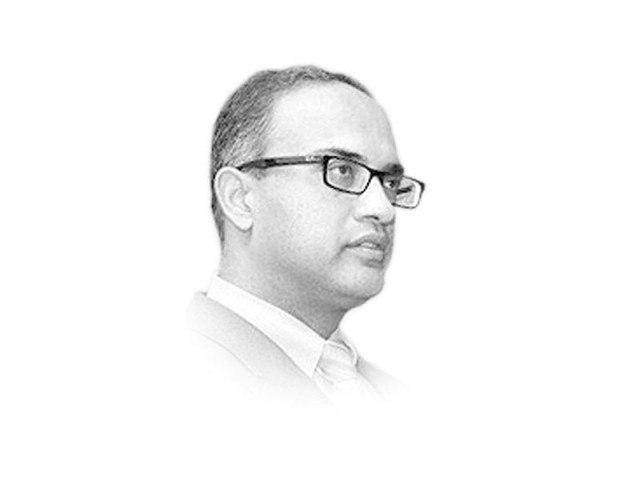Karachi — let’s bring the lights back
Our national development depends upon energy security for which all our talents, resources, expertise must be tapped.

The writer has taught at the National Defence University
Pakistan is constructing two new reactors near Karachi. This has generated an interesting debate and raised some important issues that merit an informed, comprehensive and technically sound perspective to ensure that a project of vital public interest for energy security, industrial development and economic progress remains uncontroversial and beyond politics.
No technology, machine or industry is totally immune from accidents but it is important to assess how frequent these accidents are, how many people are affected by them and whether these accidents lead to improvements in safety, design and performance. Currently, there are over 15,000 commercial airliners flying around the world. The world has seen hundreds of air accidents in the last century, including 12 deadly ones during this year alone. Consequently, the world has not stopped flying, rather we continuously improve aviation designs, habits and practices. That is exactly what the nuclear industry has also done and continues to do.
Major accidents, such as Fukushima, Three Mile Island and Chernobyl, have been important learning experiences for the global nuclear industry. These three major accidents have led to improvements in design, safety procedures and operational culture, leading to sustained and even enhanced confidence in safe nuclear reactor operations for power generation. The design of Karachi’s future reactors is also an improvement on many operational or under-construction reactors. Today, nuclear power capacity worldwide is increasing steadily, with over 430 reactors in operation in 31 countries.
As far as the environmental concerns regarding nuclear waste are concerned, Pakistan has an effective Nuclear Regulatory Authority, whose website is a useful source on international best practices and safety. In addition to that, no incident or accident harmful to the environment or ecology of Karachi has ever been reported by any international watchdog. Karachi’s lone nuclear power plant has been in operation for over four decades now and the new reactors are being set up at the same site, which has not posed any risk to life and environment, with no fatality due to radiation ever reported. This record suggests that Karachi would greatly benefit from the new power reactors.
In short, Pakistan is blessed with immense natural and human resources and in order to pursue our collective goal of progress and prosperity, let us utilise both. Our national development depends upon energy security for which all our talents, resources and expertise must be tapped and all viable, cost-effective and environmentally sound options — including nuclear technology — considered. During numerous episodes of international economic embargo and diplomatic isolation, nuclear technology and our capable scientists have helped Pakistan cope with monumental challenges to our survival with confidence. So let us shed pessimism and politics, and repose our trust in our most valuable national asset, human capital, in its ability to contribute towards bringing progress and prosperity to our nation and also bring life, business and hope back to the city of our great founder, by restoring the ‘City of Lights’, not just for ourselves but also for our future generations.
Published in The Express Tribune, January 7th, 2014.
Like Opinion & Editorial on Facebook, follow @ETOpEd on Twitter to receive all updates on all our daily pieces.















COMMENTS
Comments are moderated and generally will be posted if they are on-topic and not abusive.
For more information, please see our Comments FAQ